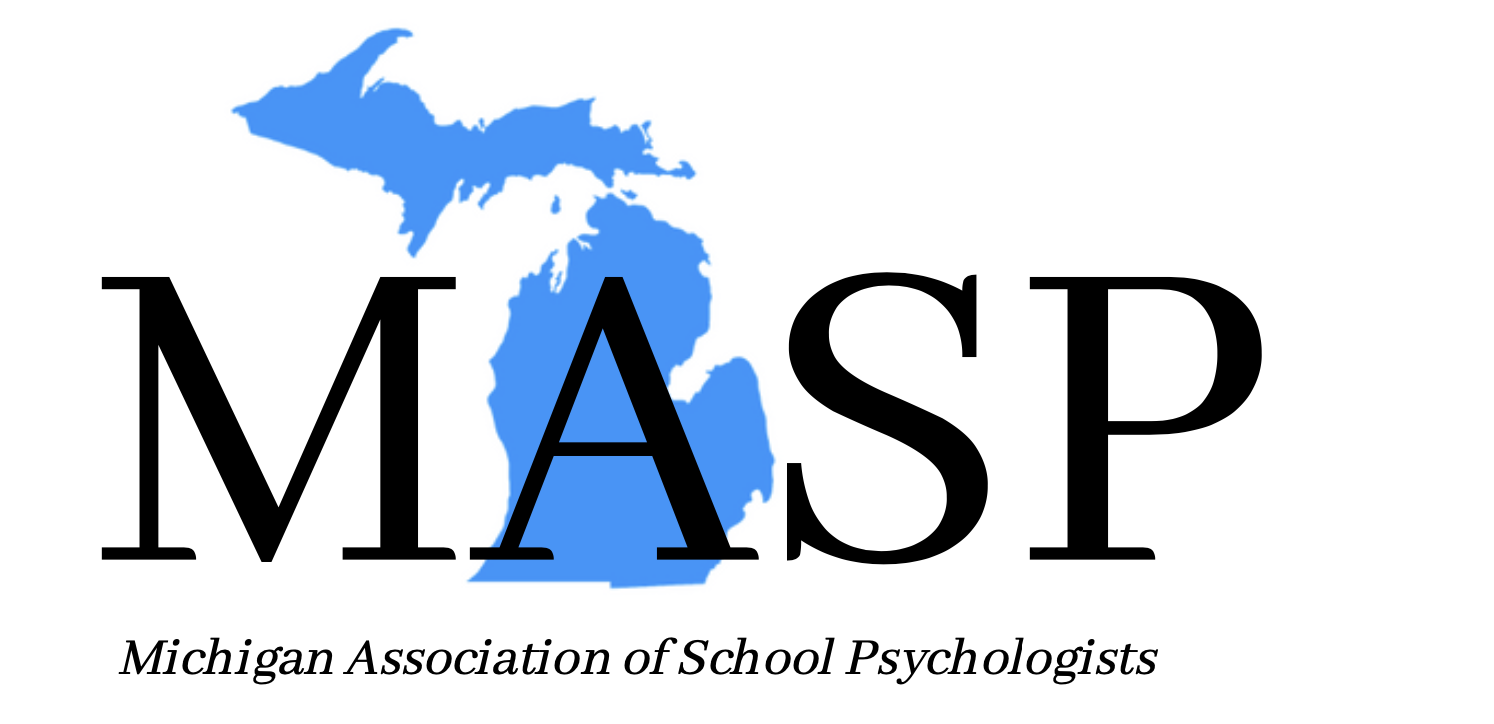SMART Public Act Student Mental Health Apprenticeship Program for Retention and Training View a webinar about the SMART initiative The Student Mental Health Apprenticeship Program for Retention and Training (SMART) was created to provide financial support to encourage more people to enter school based mental health professions (School Psychology, School Counseling, and School Social Work). The SMART Program provides paid work experiences and practicum opportunities for School Psychology graduate students. The SMART Bill passed in the Michigan Senate (37-0) and in the Michigan House (93-12). Governor Gretchen Whitmer signed it into law on July 25, 2022, and it is now a public act. As we continue to proceed with the SMART Public Act, MASP would like to provide additional information regarding this legislation with respect to school psychology graduate students. What is the SMART Apprenticeship Program?
What are typical roles for SMART Apprenticeship/”Grow Your Own” school psychology students?
What are the advantages of the SMART Bill for Districts/ISDs?
How can I establish a SMART/ “Grow Your Own” school psychology position?
What School Psychology programs are in Michigan and neighboring states? Who are the program directors?
For a condensed SMART infographic, click here. |

